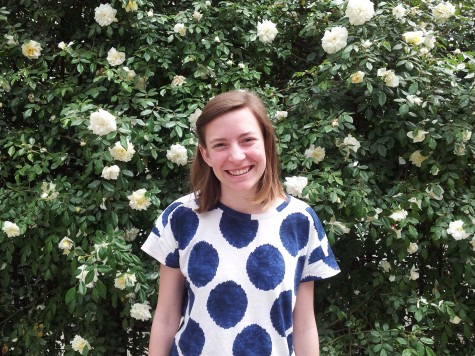CWRU engineering, management applicants rising faster than humanities, social sciences
Admissions officials not overly concerned
January 31, 2014
The surge in undergraduate applications to CWRU in recent years is often reported by campus publications, and the rapid increase is noteworthy. This year over 21,600 students applied to become CWRU undergraduates, marking an 18 percent increase over last year. An increase this large is likely to have an effect on college rankings, but how will it affect the academic makeup of the student body?
Although the percentage of applicants interested in each academic subject increased over last year, not all of these groups increased the same amount. About 16 percent more students indicated a preference for the social sciences and 14 percent expressed interest in the humanities. However, 27 percent more applicants indicated their interest in engineering. This was closely followed by the 25 percent increase in students interested in management. Since CWRU has an open-door policy between academic colleges in regards to admissions, the preference that a student reports to the school is not binding, and students are able to move between academic colleges. Still, the skewed increase in applications could create a problem for the university as it attempts to the preserve the balance of majors and academic interests in the student body.
Bob McCullough, the Director of Undergraduate Admission, said that the best way to maintain student diversity is to consider not only academic interests, but also extracurricular involvement and the likelihood that a student will do well at the university.
“We do think about what a student’s going to study,” said McCullough, “but there are a variety of other factors to think about. First of all, will the student be successful here academically? The second important point to consider is what the student will bring to Case. We want students who are smart, talented and will add to the vibrancy of campus.”
McCullough notes that this vibrancy is increased by diversity in student’s backgrounds, as well as academic and extracurricular interests.
“We don’t want to be overrun with one sort of student,” said McCullough. “We do our best to bring in a great freshman class with a variety of interests.”
Besides, as McCullough points out, a high school student’s indicated academic interest often does not translate into an eventual major.
“At this stage with students, you don’t really know what’s going to happen,” said McCullough. “Our students tend to have a direction they are focused on, but it’s not always a set pathway.”



